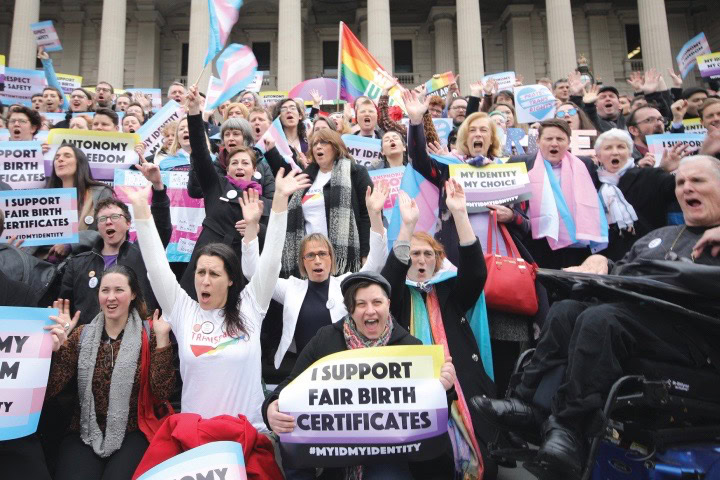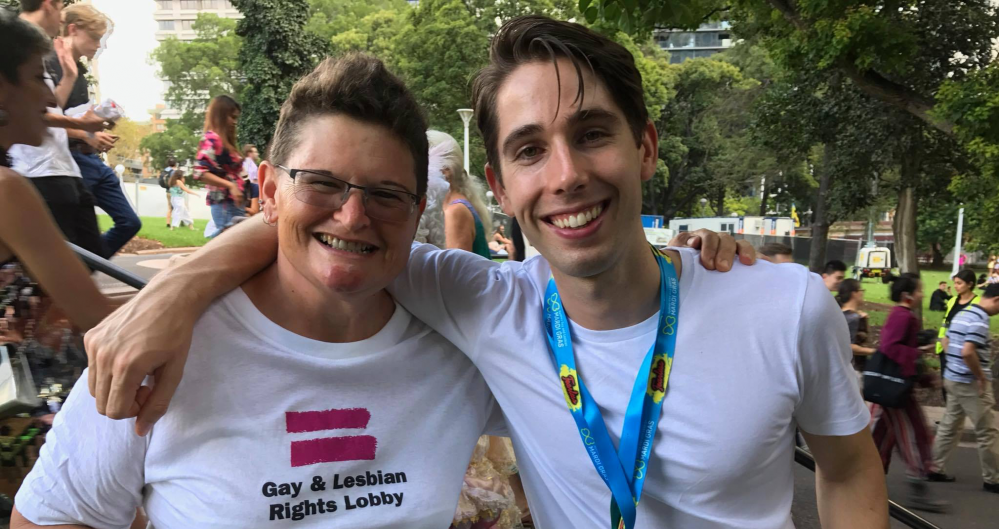LGBTI health under the spotlight
 Do transgender and intersex Australians smoke as much as their gay, lesbian and bisexual counterparts?
Do transgender and intersex Australians smoke as much as their gay, lesbian and bisexual counterparts?
It’s a serious question local researchers cannot answer without hazarding a guess due to the lack of research in Australia.
While comprehensive research from the national drug use survey has shown LGB people were twice as likely to smoke tobacco than the general population, there has been no research done for trans and intersex communities on the same area.
The push for further research is just one key area that will be discussed at next week’s national LGBTI health conference in Melbourne.
More than 250 people are expected to attend the eighth Health in Difference conference with more than 100 speakers and over 25 specialty topics.
The National LGBTI Health Alliance now runs the conference after it held the last conference in 2010.
Alliance general manager Warren Talbot told the Star Observer part of this year’s focus would be addressing practical health issues including mental health, suicide prevention, aged care, and ageing.
Talbot said there would be a pivotal session on how to roll-out the “ground-breaking” national LGBTI Ageing and Aged Care Strategy announced last December.
The strategy intends to create better access to aged care services for LGBTI older people with measures such as training aged care workers to be more inclusive and recognising the community as a special needs group.
“The major focus will be [on] what’s the best way to implement the strategy so that all of it’s goals and objectives can be achieved,” Talbot said.
Mental health and suicide prevention will be the subject of various talks due to the higher rates of suicide in the community.
Gay and lesbian people are still three to four times more likely to experience suicidal thoughts, while transgender people are 14 times more likely than the general population, research from the alliance has shown.
Talbot said the alliance would be pushing for a substantial increase in data collection for the LGBTI community.
“We’re still lacking in evidence and as an example we don’t have the evidence in terms of transgender and intersex people for tobacco and other drugs.”
He said the alliance suspected rates of tobacco use were as high as the LGB communities and the data could be collected at almost no expense if changes were made to the same survey.
The conference runs April 18-20.
INFO: If you need immediate assistance, call Lifeline on 13 11 14.





